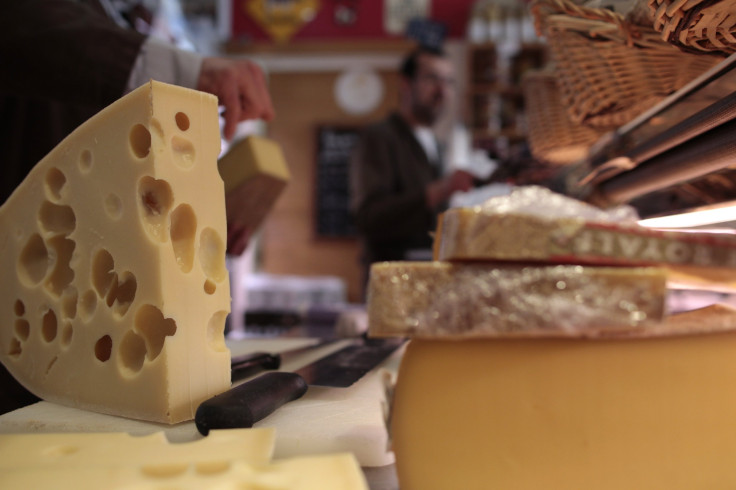Cheese Has A Similar Neurological Effect As Cocaine And Heroine: Study

A new study published by the U.S. Library of Medicine has labelled pizza as the most addictive food. According to the researchers, an opiate released by a protein present in the cheese contained in the pizza makes it hard for people to let go if its taste.
The study published earlier this year in the journal PLOS ONE said that certain foods, especially the higher processed ones, are more addictive than others.
The U.S. researchers said that an ingredient called casein present in the cheese release an opiate called casomorphins. The released opiate acts on the human brain area associated with addiction. Drugs such as cocaine and heroine also work in a similar way.
A team of researchers from the University of Michigan surveyed of a group of 500 people. The intend of the researchers was to assess the attitudes and behavior of people around food. The subjects were specifically asked whether certain foods made them feel or behave in a way associated with addiction.
The researchers found that 9 out of 10 problematic foods named by the subjects were highly processed and rich in fats and carbohydrates. Pizza, which contains high amount of cheese, topped the list.
Another recent study found that the brains of obese people react differently to food than people with normal weight.
"The biggest finding here was that food cravings had a different effect on the brains of obese people versus people of normal weight," said Dr. Holly Phillips, in an interview with CBS News in August. "So people who were obese saw a greater stimulation in areas of the brain that we call the 'reward center,' where it controls our behavior based on reward and stimulation, than people of a normal weight."
Many studies have been conducted around food addiction and it still remains a hotly debated topic. Although addictive foods have been compared to drugs in the research conducted in the recent past, researchers say that food addiction is not a medical condition unlike drug addiction.
© Copyright IBTimes 2024. All rights reserved.





















